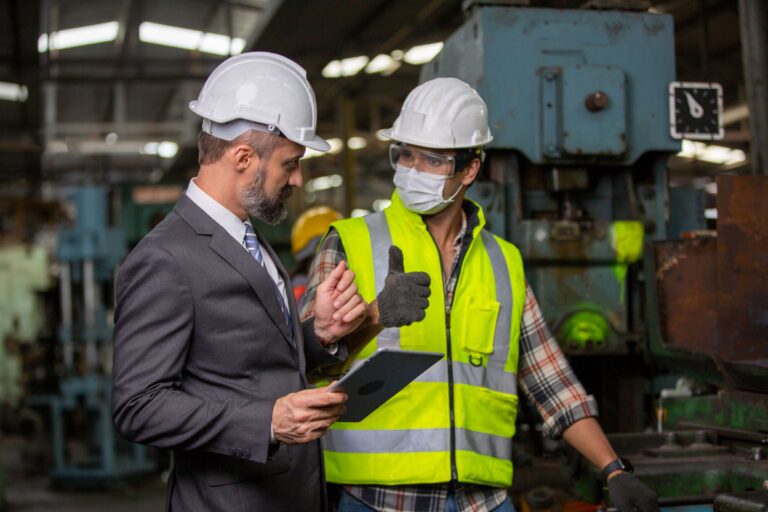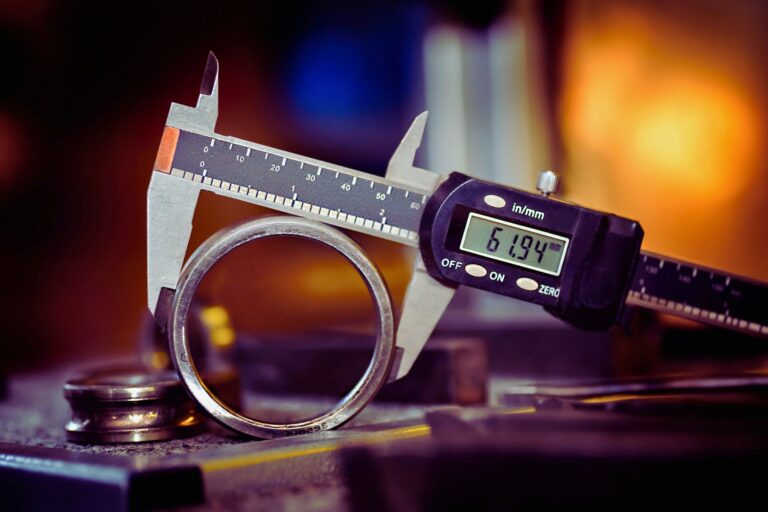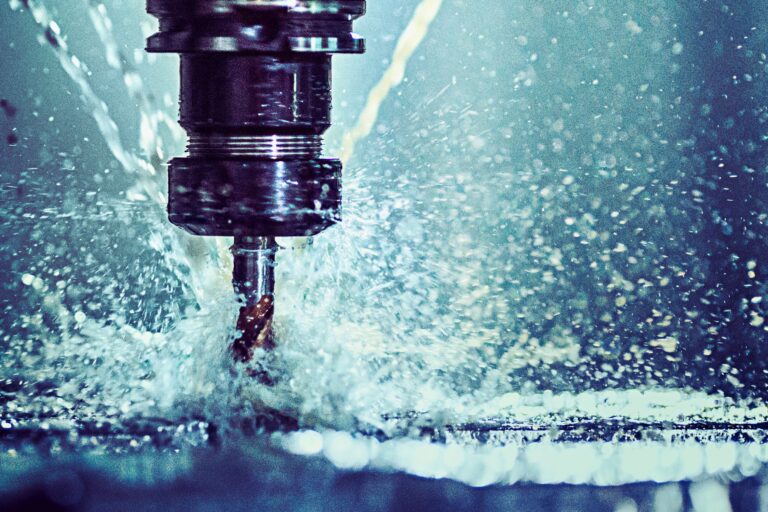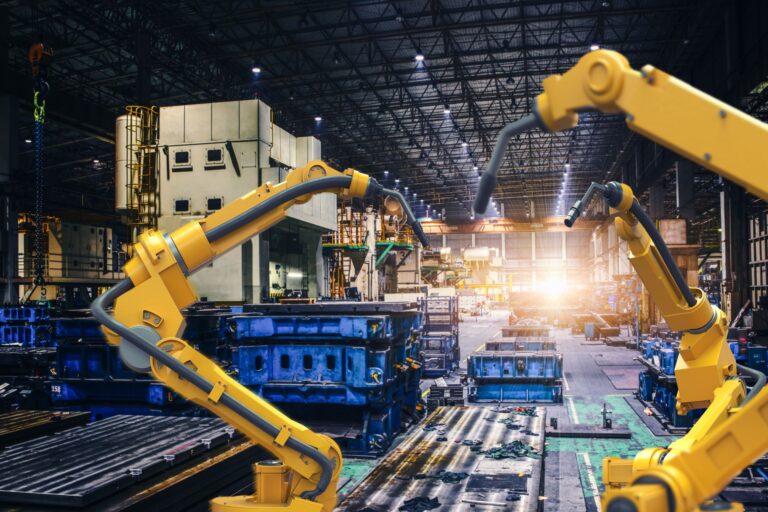The manufacturing industry has undergone a dramatic transformation in recent years, with digital technologies redefining traditional processes. The integration of the Internet of Things (IoT) and Artificial Intelligence (AI) into metal fabrication is leading to increased efficiency, enhanced quality control, and data-driven decision-making. These innovations are shaping the future of smart manufacturing, allowing companies to optimize operations and remain competitive in an evolving industrial landscape.
Understanding Smart Manufacturing
Smart manufacturing refers to the application of advanced digital technologies to automate, monitor, and improve production processes. By leveraging IoT and AI, manufacturers gain real-time insights into their operations, enabling predictive maintenance, optimized workflows, and enhanced product quality. This data-driven approach helps reduce waste, increase productivity, and improve overall efficiency.
The Role of IoT in Metal Fabrication
IoT plays a crucial role in modernizing metal fabrication by connecting machines, tools, and systems through a network of sensors and smart devices. These interconnected systems collect and transmit data in real time, providing valuable insights that improve decision-making and efficiency.
Key Benefits of IoT in Metal Fabrication:
- Real-time Monitoring: IoT-enabled sensors track machine performance, material usage, and environmental conditions, allowing operators to make informed decisions.
- Predictive Maintenance: By analyzing machine data, IoT helps identify potential failures before they occur, reducing downtime and maintenance costs.
- Supply Chain Optimization: IoT enhances inventory management by tracking material availability and ensuring seamless coordination between suppliers and production teams.
- Energy Efficiency: Smart sensors optimize energy consumption by identifying inefficiencies and adjusting machine operations accordingly.
AI-Driven Innovations in Manufacturing
Artificial Intelligence complements IoT by processing vast amounts of data and generating actionable insights. Machine learning algorithms analyze historical and real-time data to improve manufacturing processes, enhance quality control, and automate complex tasks.
Key Applications of AI in Metal Fabrication:
- Automated Quality Inspection: AI-powered vision systems detect defects in metal components with greater accuracy than manual inspections.
- Process Optimization: AI algorithms analyze production data to recommend process improvements, leading to increased efficiency and reduced material waste.
- Autonomous Decision-Making: AI-driven systems make real-time adjustments to production variables, optimizing throughput and maintaining consistent product quality.
- Workforce Augmentation: AI-powered robotics assist human workers in handling repetitive and hazardous tasks, improving workplace safety and efficiency.
Challenges and Considerations
Despite the numerous advantages of IoT and AI in metal fabrication, manufacturers face several challenges in adopting these technologies:
- Implementation Costs: The initial investment in IoT-enabled equipment and AI-driven software can be significant.
- Data Security Risks: Connected manufacturing environments are vulnerable to cyber threats, requiring robust cybersecurity measures.
- Integration Complexity: Legacy systems may require modifications or replacements to integrate seamlessly with IoT and AI technologies.
- Workforce Adaptation: Employees must be trained to work alongside smart technologies, ensuring smooth transitions and maximizing efficiency.
The Future of Smart Manufacturing
The adoption of IoT and AI in metal fabrication will continue to accelerate, driving further innovation in manufacturing processes. Advances in edge computing, 5G connectivity, and digital twin technology will further enhance real-time data processing and predictive analytics. As manufacturers refine their smart manufacturing strategies, they will achieve new levels of efficiency, sustainability, and competitiveness in the global market.
At SL Industries, we stay informed about the latest trends in smart manufacturing, recognizing the transformative potential of IoT and AI in optimizing production processes. By embracing these innovations, manufacturers can unlock new opportunities for growth and operational excellence in the metal fabrication industry.






